Sports Talk, Free Snacks, Good Books: The Paisley Sports Literacy Program By Alan Brown
| Let me start by sharing a recent text message I sent to Wendell Dunn, a graduate student in the Master of Educational Studies program at Wake Forest University and my co-organizer for the Paisley Sports Literacy Program. “Johnny said you are a scrub and can’t play any basketball. He hopes your [football] tryout went well, though.” Johnny, an eighth grader, was in the middle of snack, just prior to cracking open a young adult novel. On this day, Wendell, a former co-captain of the Wake Forest football team, would not join us because he was returning from training in Miami in preparation for his pro day the following week. Wendell quickly called via Facetime to let Johnny know he stood no chance in a game of one-on-one before wishing him a good day. The most fun Wendell and I have each week is on Thursday afternoon with a group of eighth grade boys whose greatest thrill is talking smack to anyone who will listen, especially when it comes to basketball, football, and video games. |
The Paisley Sports Literacy Program
The primary goals of the Paisley Sports Literacy Program are
- to support youth through academic, social, and community engagement,
- to empower students who are interested in sports to read and write for enjoyment,
- to explore social issues that affect the lives of adolescents and young adults through culturally-relevant literature,
- to improve literacy skills and practices that support learning across content areas and promote college and career readiness.
Our program is grounded in sociocultural theory in that students develop literacy skills while engaging in activities related to their personal, everyday interests. This consideration is important since the eleventh and twelfth NCTE/IRA standards tell us that students should become active members of a variety of literacy communities while using language to accomplish their own purposes.
Our motto is simple: sports talk, free snacks, good books.
Our daily agenda consists of accountable talk, a think-write-pair-share activity, and a young adult novel, all for making text-to-self, text-to-text, and text-to-world connections. As you might imagine, what gets students in the door is the sports talk and the free snacks. The fact that they are willing to stick around for the good books is an added benefit. Some days we play basketball after our meeting, which helps with recruitment and motivation.
Since starting the sports literacy program, we have seen an increase in students’ willingness to participate in class activities as well as improvements in school attendance, benchmark scores, and academic grades, not to mention a decrease in office referrals for many of our students.
Yet, one of our biggest challenges remains students’ perceived identities as readers. In 2016, I wrote an article for SIGNAL Journal called “Young Adult [Sports] Literature: Looking Back and Moving Forward.” In that article, I included a quote from a 2016 CNN article about fantasy baseball by sport administration researcher Brendan Dwyer, who suggested: “Sports in general has been a space for men to communicate…and now fantasy sports is an enhanced version of that….I like to equate it to the male version of a book club.”
Obviously, this quote is problematic because it implies book clubs are primarily for women, not to mention that sports are primarily for men. Alternatively, we believe in helping our young men see themselves as readers with something important to contribute to literary conversations. We have attempted to counter the notion of reading as a feminine activity by demonstrating to our students the powerful, and relatable, messages found in young adult literature.
Robert Lipsyte and The Contender
Ultimately, we have chosen to enter Alexie’s text as part of our after-school sports literacy program because the protagonist, Junior, is a high school basketball player around the same age as our students. Nevertheless, sports are merely the hook to get students interested in the reading. During our conversations, students will also be asked to dig deeper into various social issues, including poverty, racism, homophobia, and disability.
Sports, like schools, are often said to serve as a mirror to the issues we see in the world around us. Young adult literature, then, can be an entry point into these conversations. Some of my favorite books containing the backdrop of sports include Boy21 by Matthew Quick, Slam! by Walter Dean Myers, The Running Dream by Wendelin Van Draanen, and Mexican WhiteBoy by Matt De La Peña. Chris Crutcher, who has also written many outstanding sports-themed novels, will be the keynote speaker for our annual NCTE session entitled “The Intersection of Literacy, Sport, Culture, and Society” in November at the NCTE Annual Convention.
Just as we have done in our sports literacy program, I hope more English teachers will consider engaging their students in critical conversations about the pros and cons of our societal emphasis on sports. Even if you do not know much about sports yourself, rest assured that young adult literature, not to mention your students’ own experiences, has the potential to serve as a useful guide.
References
Brown, A., & Rodesiler, L (Eds.). (2016). Developing Contemporary Literacies through Sports: A Guide for the English Classroom. Urbana, IL: National Council of Teachers of English.
Kounang, N. (2016). The time-sucking, dopamine-boosting science of fantasy baseball. CNN. Retrieved from https://www.cnn.com/2016/03/18/health/fantasy-sports-psychology/index.html
McIntyre, S., & Brown, A. (2016). Dare to be different: Celebrating difference and redefining disability in Sherman Alexie’s The Absolutely True Diary of a Part-Time Indian. The ALAN Review, 44(1), 79-85.
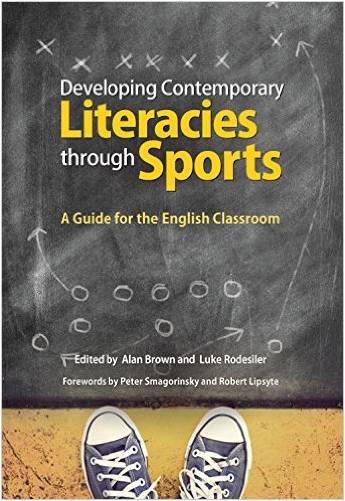
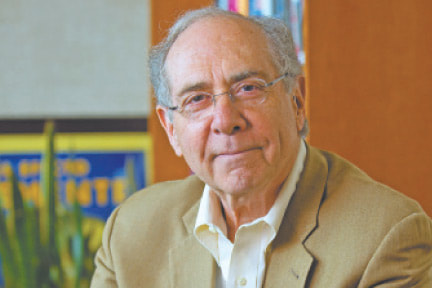
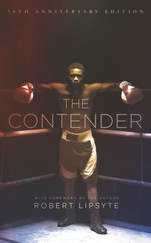
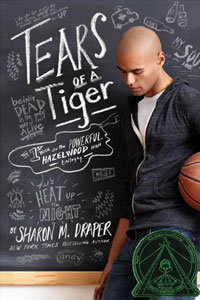
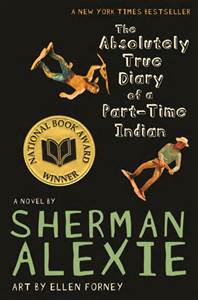
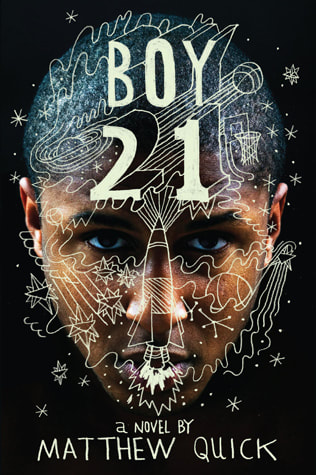
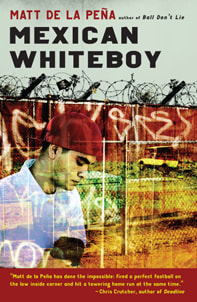
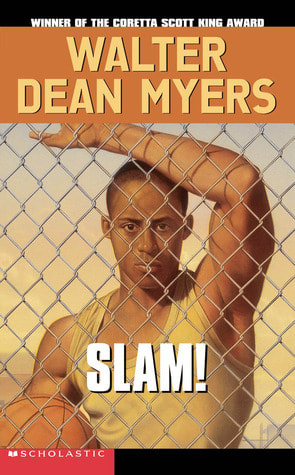
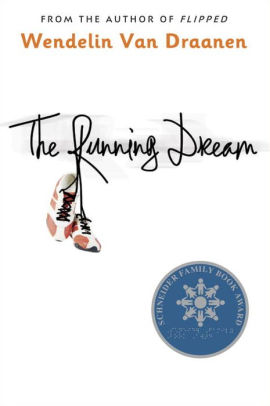
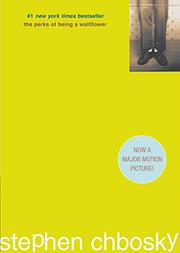
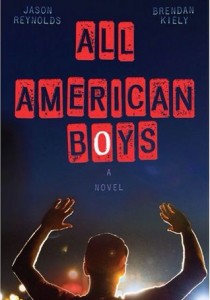
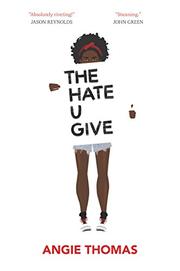
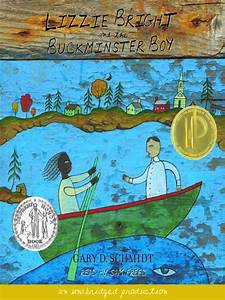

 RSS Feed
RSS Feed